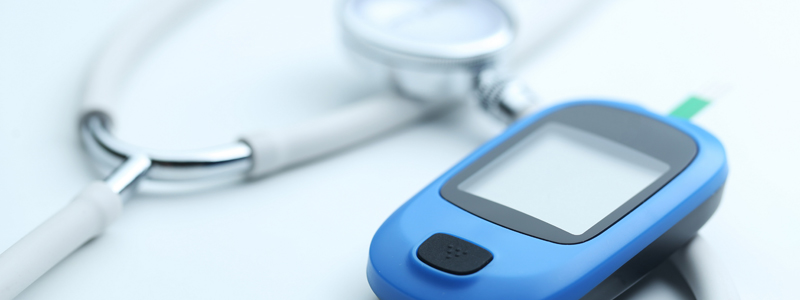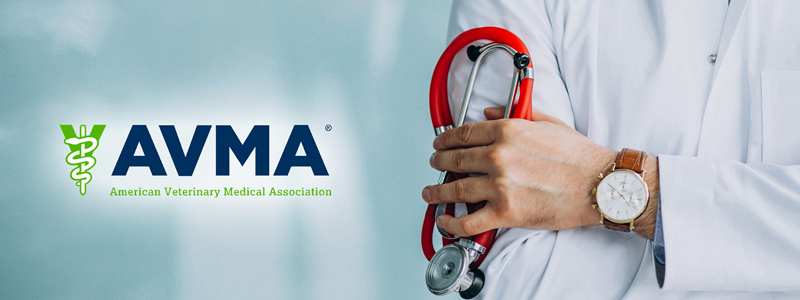BY: SAMANTHA BARTLETT, DVM
In August, Senators Tina Smith and Chuck Grassley introduced the Healthy Dog Importation Act (H.R. 4239) to the Senate after its introduction to the House of Representatives by Kurt Schrader and Dusty Johnson in June.
The act would allocate the necessary resources for the US Department of Agriculture (USDA) to screen dogs entering into the U.S. each year. The act would also require presentation of a certificate of veterinary inspection (CVI) signed by a licensed veterinarian for each imported dog that confirms the dog is in good health and is not a risk for spread of disease within the country.
The Act also includes resources for the creation of an electronic database to contain documentation and import permits that will make federal oversight between the Animal and Plant Health Inspection Service, Centers for Disease Control and Customs and Border Patrol more efficient and streamlined.
The introduction of the Act was mostly in response to CDC action in July suspending the import of dogs from certain countries with high rabies risk. Estimates by the CDC show that almost 1 million dogs enter the country every year. About 100,000 of these dogs originate from high-risk countries. The CDC discovered a 52% increase in fraudulent rabies certificates for imported dogs into the U.S. In June 2021, a rescue dog imported with 33 other dogs and cats into the US from Azerbaijan was confirmed positive for rabies after it had made it to its new home in Pennsylvania exposing several people along the way.
While rabies is a big concern for public health, there are other diseases that can be brought in by imported dogs. In May of 2021, a dog imported from China eventually tested positive for Brucella canis while another dog from China tested positive for Influenza A. In addition to being a threat to other dogs in the country, both of these diseases are public health risks as they can be transmitted to humans.
The American Veterinary Medical Association (AVMA) has expressed support for this legislation emphasizing the risk to public health due to improper screening of imported dogs. “Safeguarding the health of every dog imported into the U.S. is essential to helping maintain animal health and reducing the potential spread of zoonotic diseases,” said Dr. Douglas Kratt, AVMA President. Dr. Kratt also went on to stress the importance of having a strong and organized system for inspecting imported dogs at all ports of entry.
The bill is currently in the House being reviewed by the Subcommittee on Livestock and Foreign Agriculture.











